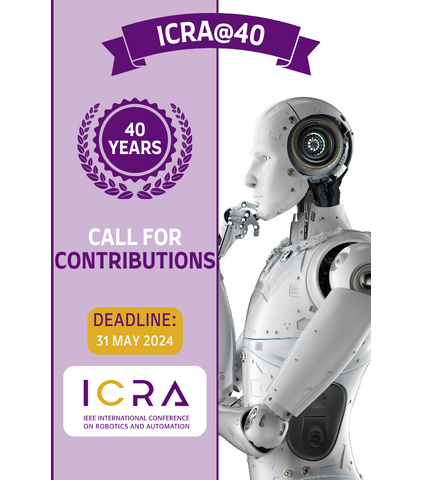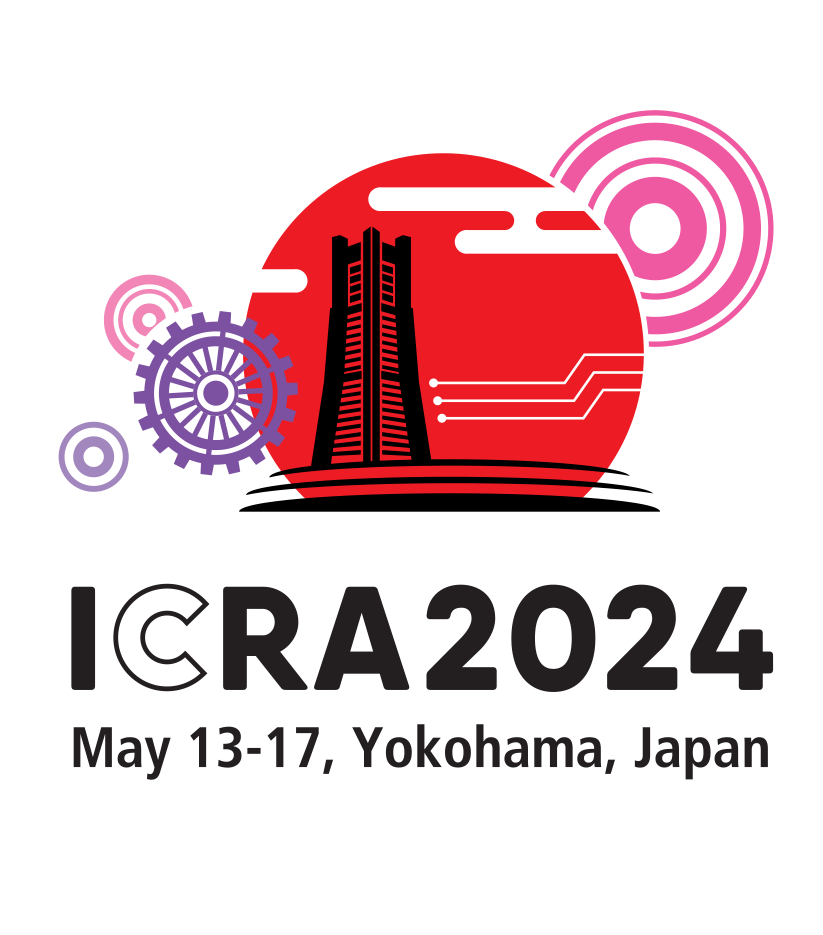Special Issue on Homecare Robots
Aim and Scope
The home healthcare industry is under growing pressure of delivering services more effectively within its already-stretched capacity. Especially, providing efficient, cost effective homecare for the growing number of older adults will require major changes in ways providers gather information from and deliver care services to care recipients. As many homebound older adults have been isolated in the COVID-19 pandemic, the need for innovations in the home healthcare industry is becoming more urgent.
Robots are in a unique position to monitor, assess/evaluate, and prevent situations that could put older adults at-risk. Research in robots, especially assistive robots and companion robots, has been attracting growing interest in recent years. Robot-based homecare technologies can record health-related data with advanced sensors, and then automatically processthe data and provide personalized advice or automated actions. For healthcare workers, these technologies allow for more comprehensive monitoring and free them to address the more complex aspects of their work. These technologies also make possible individualized care that promotes independence and safety of the care recipients.
The goal of this special issue is to provide readers an overview of the state of the art in robot-assisted home healthcare, identify and promote the future research directionsin this emerging field. By presenting the achievement and future opportunities in this multidisciplinary research area that crosscuts robotics, automation, AI and healthcare, this special issue will have great impact on the robotics and automation research community.
Topics of interest
-
Hardware and software architectures of robot-based homecare
-
Theories and methodologies for robust robotic perception in home environments
-
Robot-based human activity monitoring
-
Robot-based physical health monitoring
-
Robot-based mental health monitoring
-
Robotic intervention for home healthcare
-
Medication adherence monitoring in home healthcare
-
Cognitive assessment and cognitive fitness for home healthcare
-
Robot companionship through natural language conversation
-
Root-assisted telehealth
-
Rehabilitation and assistive robotics for homecare
-
Human-robot interaction in homecare robots
-
Privacy protection in homecare robots
-
Personalization and adaptation in homecare robots
-
Case studies of robot-based homecare
-
Human subject tests with homecare robots
-
Future research problems and trends
Important Dates
1 December 2021- Call for papers
1 May 2022- Submission deadline
15 July 2022- First decision to authors
1 September 2022- Resubmission
15 October 2022- Final decision
30 October 2022- Final manuscript upload
30 November 2022 Guest editorial due
March 2023 Publication
Associate Editor

Weihua Sheng
Professor
School of Electrical and Computer Engineering Oklahoma State University, Stillwater, OK, USA
Guest Editors

Hesheng Wang
Professor, Department of Automation,
Shanghai Jiaotong University, Shanghai, China

Yingzi Lin
Professor
Intelligent Human Machine Systems Laboratory
Mechanical and Industrial Engineering, Bioengineering Northeastern University, Boston, MA, USA

Yasuhisa Hirata
Professor
Graduate School of Engineering
Department of Robotics
Tohoku University, Japan

Stefano Mazzoleni
Assistant Professor
Department of Electrical and Information Engineering Politecnico di Bari, Italy







